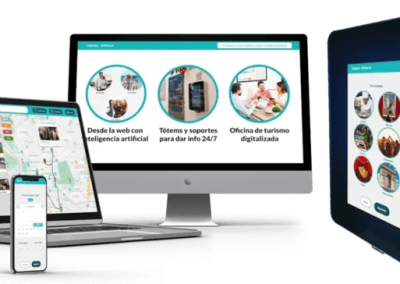Most popular tourism websites
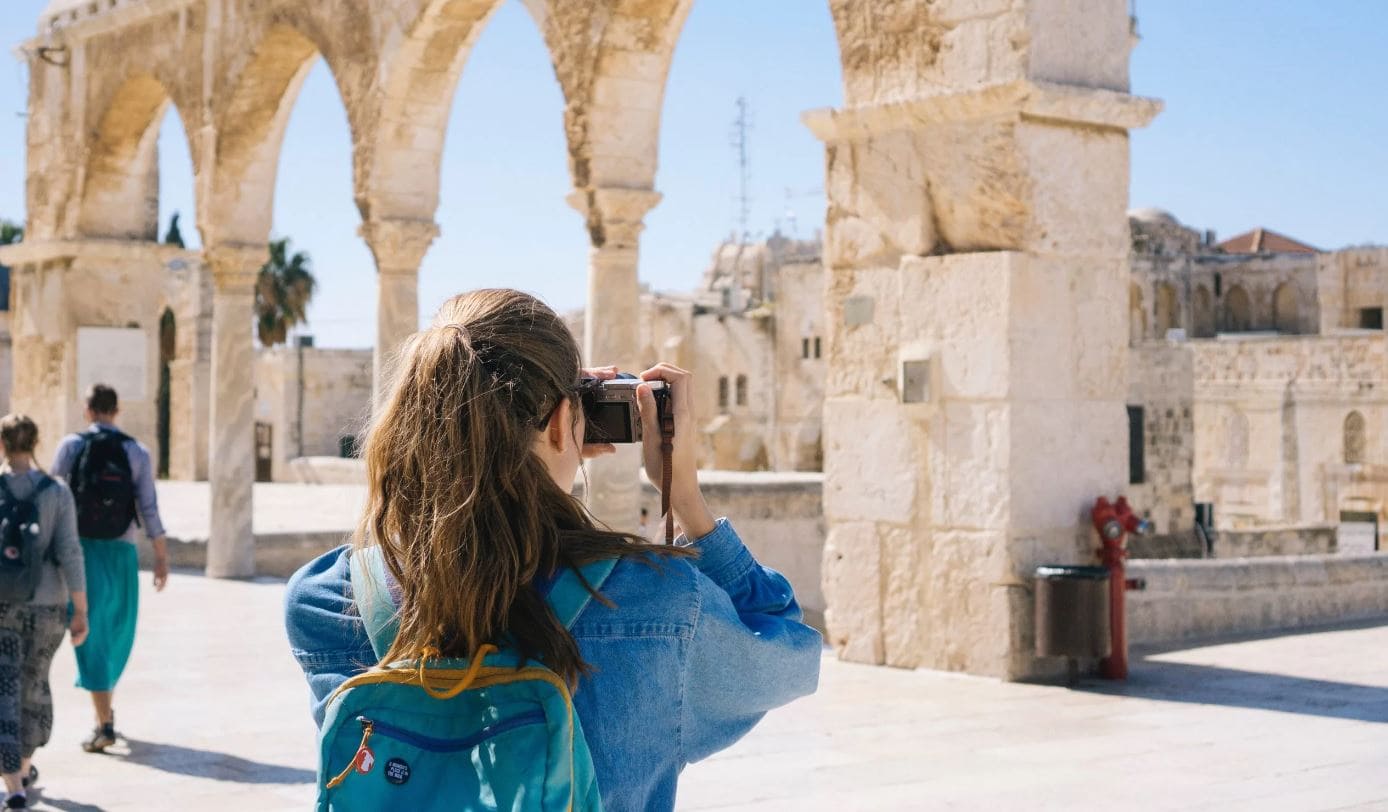
If we focus in exclusively on tourism, a very broad sector, the top websites deal with business activities that are, in fact, sectors in themselves: accommodation, hotels, catering and agencies.
And then there’s the internet, which has been evolving and adapting to people’s needs.
It is now a common and almost essential daily tool for most users, and so are tourism websites.
Which makes it easy to see how this relationship between tourism and the digital world has evolved. So let’s take a look at the top tourism websites today. Ready to dive in?
1. Airbnb - The most successful tourism platform
This is one of the most popular and successful tourism platform in the sharing economy, perfect for small- and medium-sized businesses offering places to stay for tourists. It also provides accommodation owners with articles and resources that help them to grow their business. Registration is free and users pay a commission to use the platform.
It officially launched in 2008, after two designers who had free space in their house decided to make it available to three travellers looking for a place to stay.
Today, millions of hosts and guests are encouraged to create a free account on Airbnb where they can post their listings and book unique stays anywhere in the world.

2. Tripadvisor
Like other tourism websites, Tripadvisor lets businesses like hotels, restaurants, activities, etc. advertise their services to tourists.
The hospitality sector lives off digital word of mouth, that is, the reviews that users leave on the different tourism platforms they use the most. It was launched in 1999 when its founder went on a trip with his wife and realised that the travel agency offered very little information.
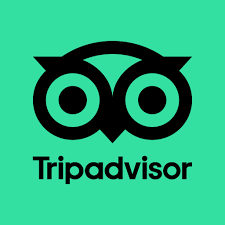
The company offers real reviews left by the users themselves about a particular establishment. The company’s reviews have even managed to change company’s pricing policies.
3. Booking.com Ranks among the most popular tourism websites
The advantage of Booking.com is that it is linked to other tourism platforms such as Kayak and Trivago, which increases the owner’s chances of attracting customers.
You can register your business for free and you only have to pay a 15% commission of the price paid by the guest for the accommodation. Booking.com is a travel fare aggregator site and travel metasearch engine for accommodation bookings.

Founded in 1996 in Amsterdam, Booking.com has grown from a small Dutch start-up to one of the world’s leading digital travel companies. Booking.com is part of the large traveltech company Booking Holdings Inc.
By investing in technology that takes the friction out of travel, Booking.com seamlessly connects millions of travellers to experiences, transport options, and places to stay. As one of the world’s largest and most popular travel marketplaces, Booking.com brings together both established brands and entrepreneurs of all sizes.
Booking.com makes it easy for accommodations anywhere in the world to reach a global audience and boost their business. Booking.com is available in 43 languages and offers more than 28 million reported accommodation listings.
4. Kayak
Kayak is a metasearch engine for flights, hotels, rental cars and activities.
Like other travel platforms, you only need to complete the registration process to get your business listed on the search engine.


Kayak scans offers from hundreds of travel websites in seconds with a simple search. Whether you’re looking for a flight, hotel or car, Kayak collects results from hundreds of websites and displays them in a simple way in a single digital portal. The key to the app’s success is that it allows you to make on-the-spot comparisons, so that once you find what you’re looking for, you can choose where to book.
The company was originally incorporated in 2004 in Delaware, USA under the name Travel Search Company, Inc. Its early success was remarkable and the app is available in 17 different languages.
5. trivago - The tourism and services platform
trivago is a German technology company specialising in internet-related services and products in the hotel, lodging and metasearch fields.
The company was founded in Düsseldorf, Germany, in January 2005, after the founding team saw an opportunity in the hotel search space. The team developed Germany’s first hotel search engine, which gradually expanded worldwide.
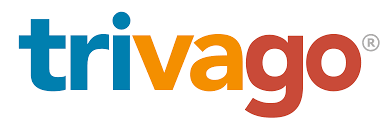
This portal helps accommodation owners create a unique profile that appeals to customers. Which means that you can monitor the reputation of your accommodation thanks to user reviews. The app’s hotel search engine allows users to compare hotel prices from over 300 websites in just a few clicks.
6. minube
minube is more than a flight search engine; it’s also a social network for travellers and adventurers. But the best thing is that it has been created by a pair of Spanish colleagues who have devoted all their efforts to it since 2007.
minube lets you compare flights, accommodation and more, but this is not the main appeal of the portal. Because more than just a search engine, minube is a social network for travellers.
Users can contribute tips and information about the places they’ve travelled to. You can share photos and experiences with your friends both old and new. In addition to these experiences, minube gives recommendations about sites to visit, places to eat and hotels worth staying at.
7. Wazypark
We’ve all had that bad moment when we couldn’t find parking, especially in big cities that aren’t our own. But not any more, thanks to Wazypark’s geolocation, which combines with a Bluetooth system to automatically let us know every time one of its users leaves a parking space.
But how did this all start? Wazypark was created in 2014 by Carlos Rodríguez Vargas and his partners to solve parking problems in big cities. The app also lets users pay for parking, fines, tolls and even petrol.
8. NightSwapping
This app basically boils down to offering your home to people who are interested in visiting the area where you live. It’s a fantastic opportunity for travellers who want to save money and meet people on their trip.
NightSwapping connects people interested in both hosting and being a guest who are mainly motivated by travelling to other places, rather than making a profit by offering their home as a place to stay.
There are different types of accommodation on offer:
– Stay at a user’s home while the user is there.
– Exchange: contact a user interested in visiting your city, and stay in their home while they stay in yours.
– Full accommodation: stay at a user’s home without the user being there.
9. BEETRIPPER - One of the top tourism platforms
It’s all about experiences. Beetripper is the brainchild of a Seville-based startup that aims to offer travellers out-of-the-ordinary travel itineraries with added value. A highly intuitive website with an attractive design, Beetripper works with suppliers and clients.
Suppliers are people who want to show off their city, sharing their knowledge and passion for where they live. This provides visitors with an original and authentic experience.
Users post the experiences they offer and in which city and they set the price themselves. All the itineraries have an established duration and a price, a percentage of which goes to Beetripper.
Users planning a trip can use this platform to search for the activities that interest them the most. Beetripper is a support, a tourism platform, an intermediary that increases the visibility of suppliers, and provides the customer with a wealth of information and purchasing ease.
This tourism platform was launched in late 2014 to connect travellers with locals. It was created as part of Cruzcampo Foundation’s entrepreneurship programme called Red Innprende.
10. Skyscanner
Skyscanner is a metasearch engine that allows users to compare airlines and flight search engines in one go, instead of having to check for cheap flights airline by airline. You can compare everything in one place and save time.
The app has been improved over the years to expand beyond airline ticket searches. They took it a step further in 2013 with the launch of car rentals and added hotels a year later so that users could put together their perfect trip.
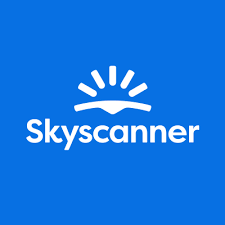
Skyscanner was created in 2001 by three IT professionals after one became frustrated with how hard it was to find cheap flights to ski resorts. The first version of the travel platform was launched in 2002 and they hired the first employee to develop the site in 2003. The Edinburgh office opened its doors in 2004 and by 2013 the company had a workforce of more than 180 people.
11. CICERONE - The tourism platform you need
Cicerone is the new digital tourism platform that seamlessly adapts to any device and lets you easily provide information and register tourists from any location.
Town councils, provincial councils, regional authorities and other local organisations already have the iUrban tourism application up and running.
It is installed on interactive digital totems in tourist information centres as well as on a host of other devices. Cicerone also ranks among the top 10 most used tourism platforms.
Discover the platform today and start making an impact on your visitors. With Cicerone, you’ll not only make their stay more enjoyable: you’ll make them want to come back.
If you want to get to know your tourists, draw them to your destination and build loyalty, sign up and try one of our free demos.
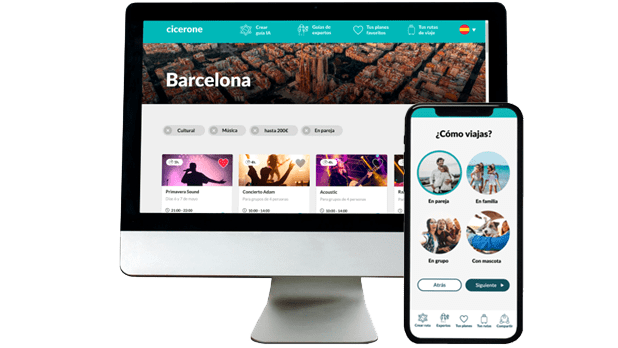
Have any questions?
We’re here to help.
Remember: Consultations are free. We’ll get back to you in 24 business hours.

